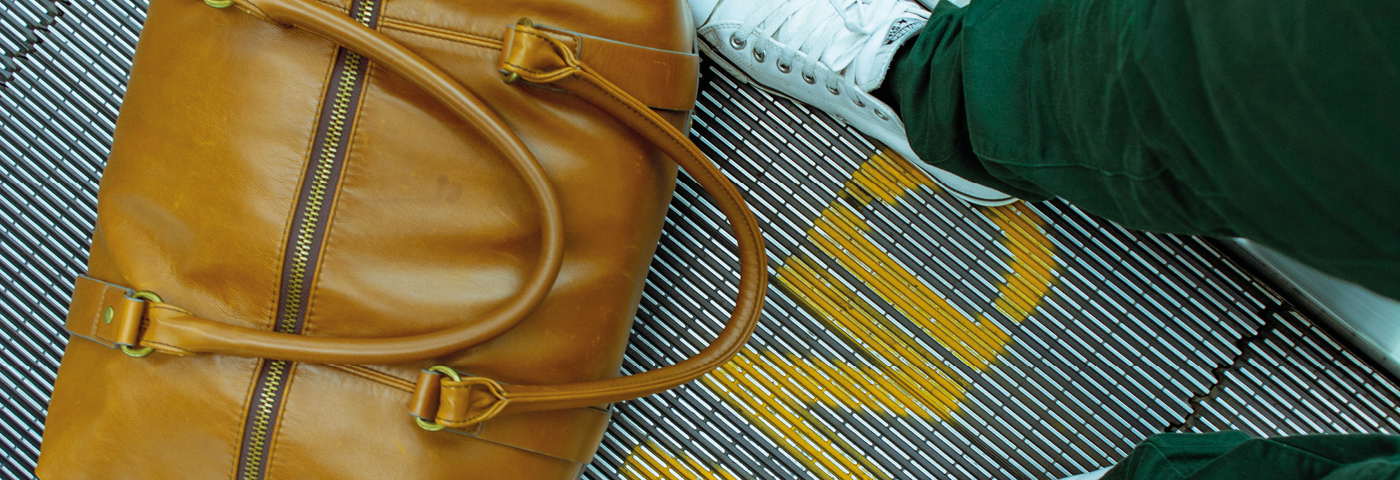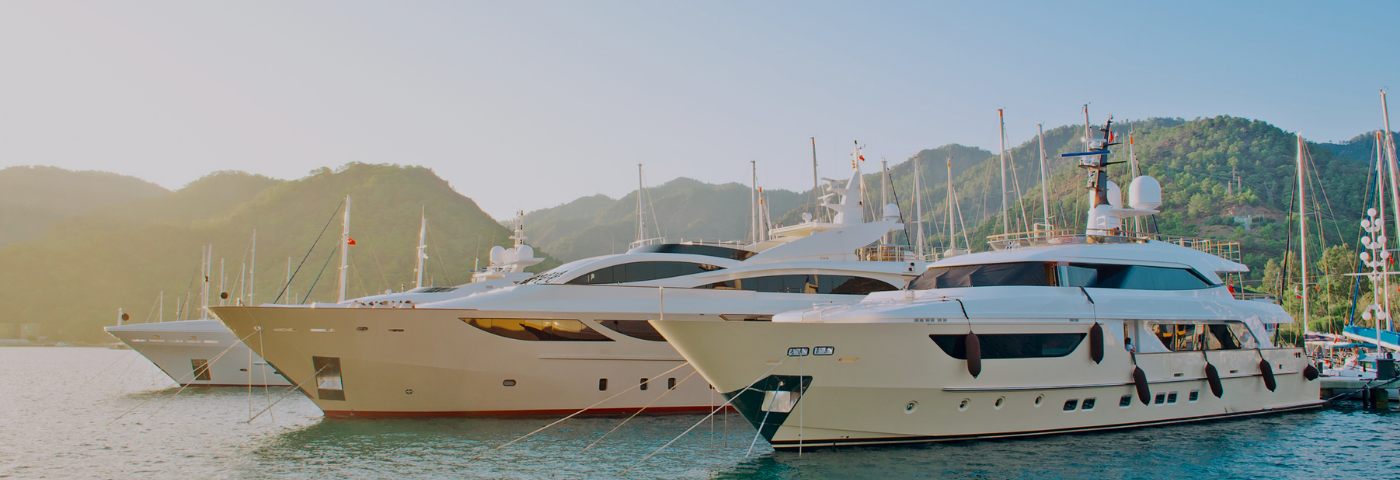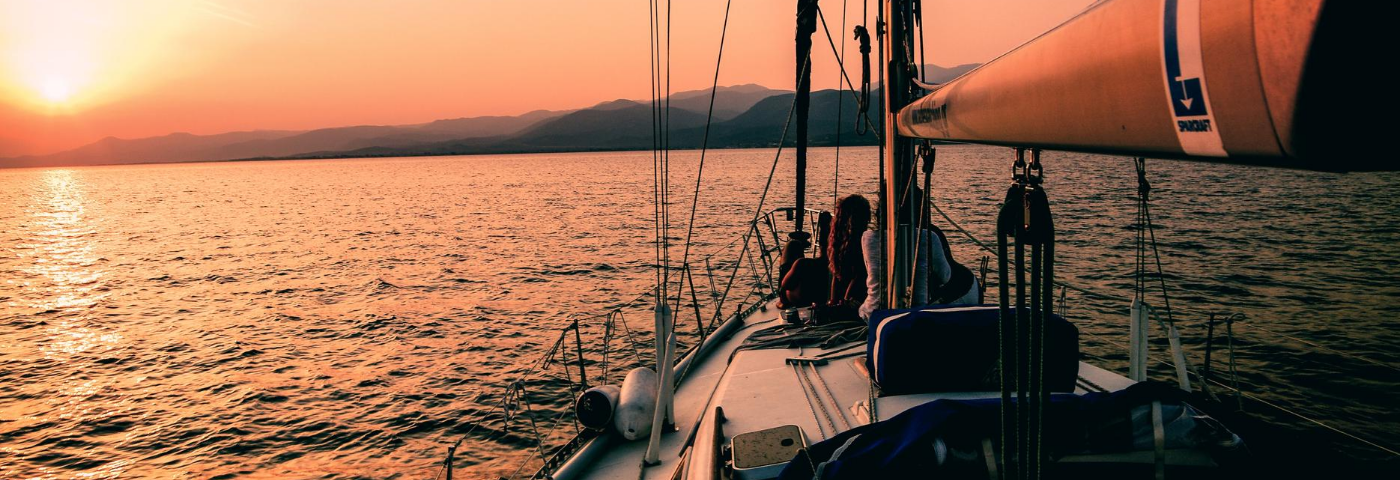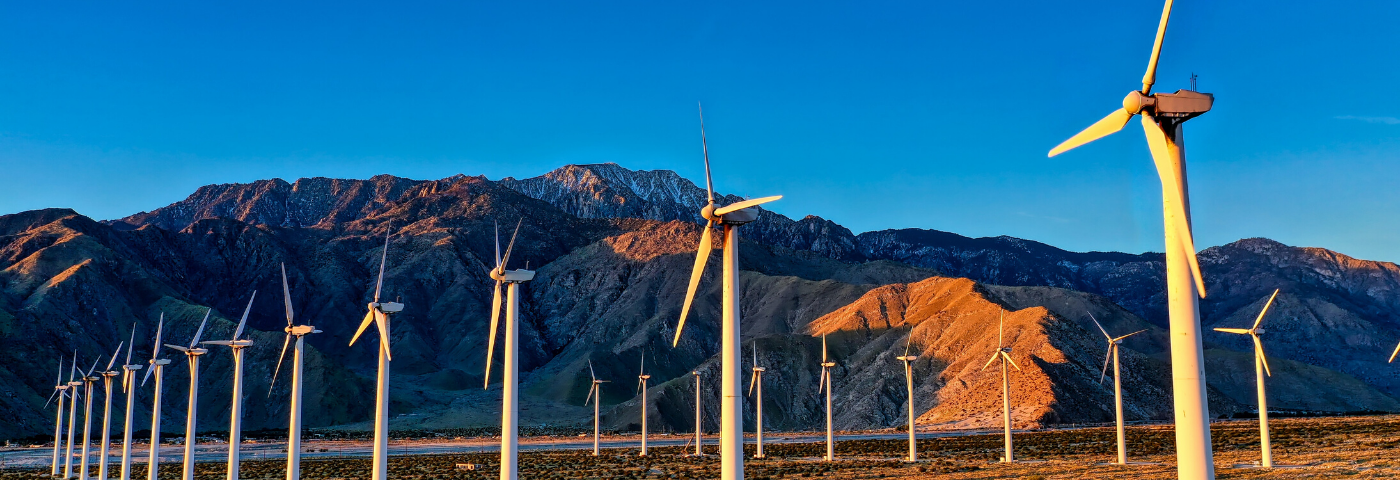Last month, we shared the first snippets from our exclusive ILTM x Altiant research into the changing mindset of the luxury traveller, their intentions going forward and the expanded role of the travel agent. Now, following the release of our latest report, we’re broadcasting brand new Data Digests created by ILTM’s resident consumer analyst, Meryam Schneider.*
The New Fundamentals of Travel
What do wealthy APAC individuals now want from travel?
The New Luxury Travel Wishlist
A focus on wellness, sustainability and privacy.
A New Era for Travel Agents
Renewed value and evolving responsibilities.
To download your own copy of the report discussed in these digests, please click here.
*For those who don’t know, Altiant is a fieldwork specialist that empowers insight experts and marketers working within the luxury goods and wealth management industries to gain a deeper understanding of their audience. It is drawn from a unique HNW sample-set collected through Altiant’s highly selective proprietary panel, LuxuryOpinions®.






